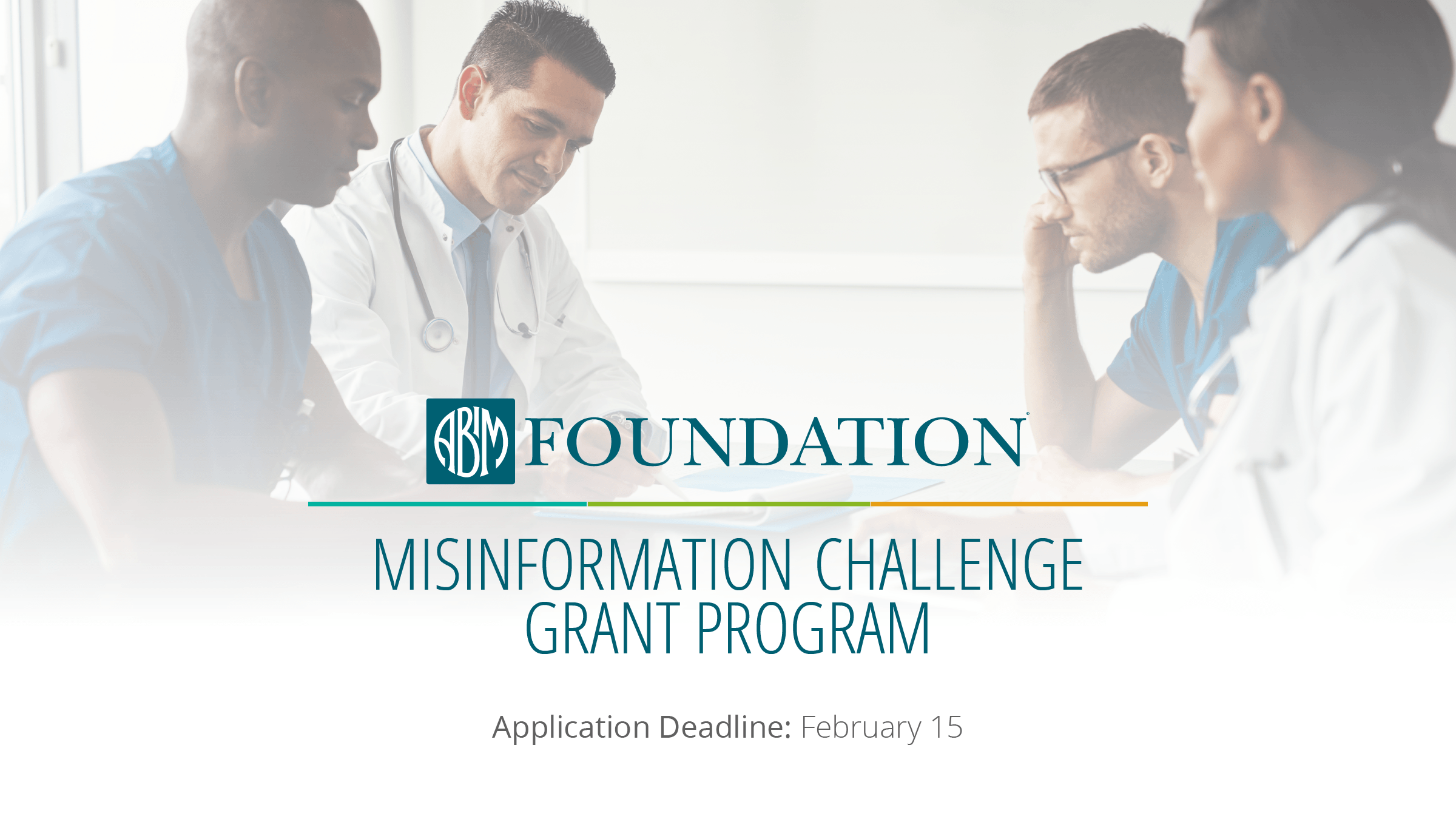My mother had a stroke at home during the first month of the COVID-19 shutdown. My sister and I, both physicians with more than 20 years of health care experience, were blindsided both by her stroke and the health care system’s response, which allowed her to fall through the cracks.
Prior to having a stroke, my mother developed sudden left leg weakness and fell repeatedly, which was new for her. Normally, a patient with these symptoms would be evaluated in the emergency room with a physical exam and a brain MRI for evaluation. After calling her neurologist, however, she was told to monitor her symptoms at home. We were told that her symptoms were likely due to a progression of another chronic condition.
We knew there was broad concern about COVID-19 exposure and her doctors were hesitant to bring her into medical facilities, but we called repeatedly with concerns about her symptoms progressing and hopes to confirm a diagnosis. Without a proper diagnosis, and because my mother was still experiencing symptoms, we decided to bypass her initial physician to obtain an MRI. The MRI concluded that my mother had in fact suffered a stroke, which required medication changes, lab monitoring, and physical and speech therapy.
While my family struggled with her clinical decline for many months, our trust in her health care system was broken after communication broke down. She felt alone in navigating her care—especially after multiple delays. My sister and I—working within our own health systems that were desperately trying to make rapid changes during the shutdown—could understand a level of uncertainty by her care team and the health care system. However, we believed that the system would have safeguards for emergent care. We were shocked by the lack of communication or acknowledgment of the delays, and the lack of help to navigate a path forward. We also could not help wondering: What if she did not have an accent when she initially called for help? Would she have had more success if she was not an immigrant and was more familiar with the workings of our health care system? I am not sure of the answer to these questions. However, I do know that even with two physician daughters empowered by education and training, my mother’s trust in health care was easy to break and will be difficult to regrow.
Dr. Reshma Gupta MD, MSHPM is a practicing internist, Chief of Population Health and Accountable Care at UC Davis Health, and part of the Population Health Steering Board for strategy across all UC Health campuses. She serves as a senior advisor within the Center for Medicare and Medicaid Innovation Primary Care First Program and a Co-Director of Costs of Care Inc.


